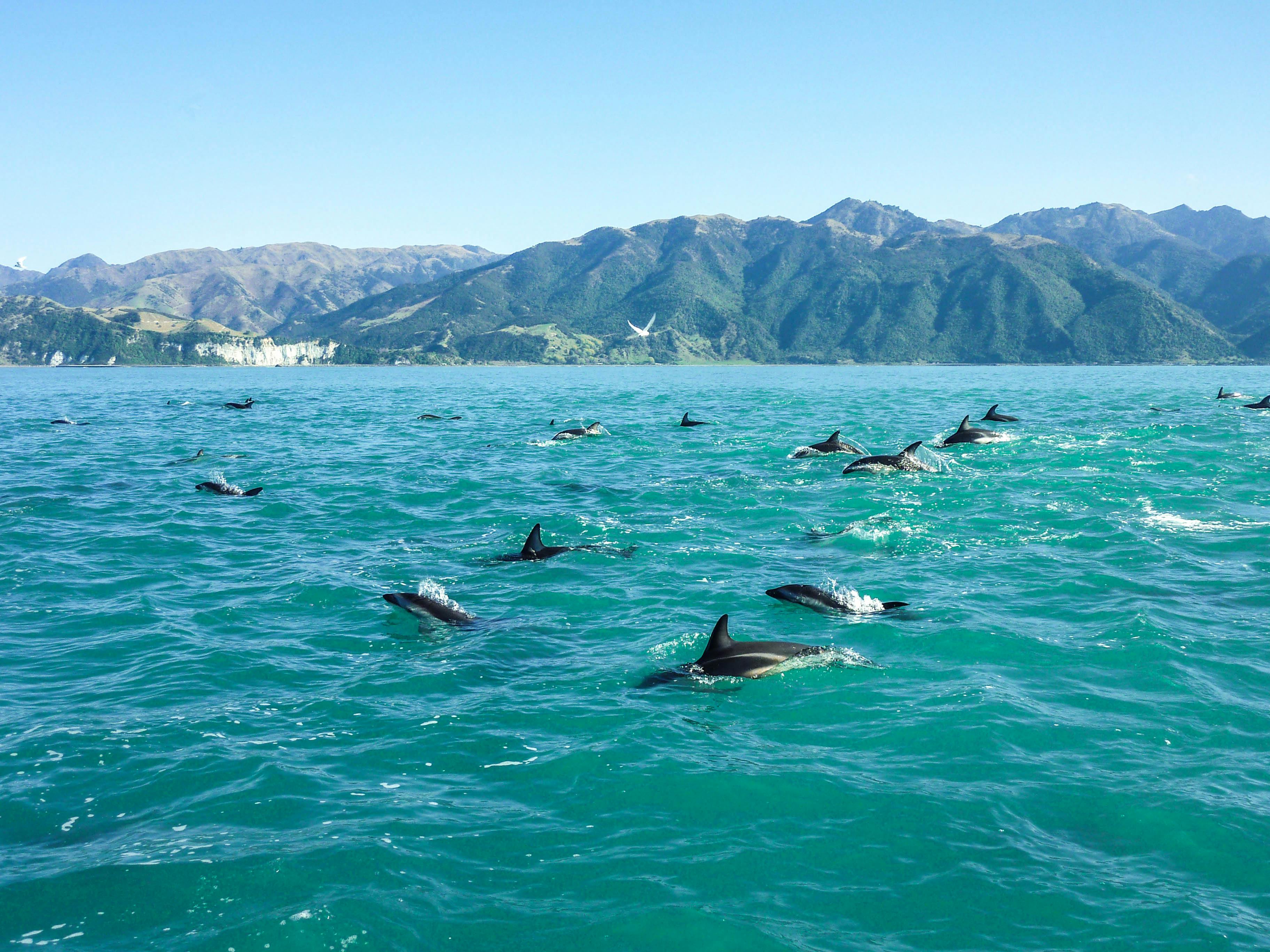We have some exciting news. Starting on February 20, leaders from around the world will meet at the United Nations, where — after nearly 20 years of negotiations — they could finalize one of the most important protection measures in ocean history: the High Seas Treaty. We’ve been doing everything we can to move the treaty forward, which is why Only One is teaming up with Greenpeace, the High Seas Alliance, RISE UP, and Jane Fonda to deliver our High Seas petition to key decision-makers at the start of the conference. But in order to maximize our impact and secure the future of our ocean through this treaty being agreed, we need your help to raise the volume on this effort to new levels. Add your name to the High Seas petition — we are so close to reaching our goal of 200,000 signatures.
Call on Prime Minister Christopher Luxon and his Government to protect 30% of Aotearoa New Zealand’s ocean by 2030.
What you need to know
Aotearoa New Zealand’s ocean territory is one of the largest in the world — yet staggeringly, less than 1% of it is highly protected.
These waters are home to some of the planet’s most unique and threatened marine life: nearly half of all whale and dolphin species, the highest diversity of seabirds anywhere on Earth, and the Māui dolphin — one of the rarest marine mammals, with only around 54 left in the world.
But pollution, overfishing, and climate change are pushing marine ecosystems in Aotearoa to the brink. And instead of stepping up, the government has rolled back key protections, putting critical progress in jeopardy.
Protecting Aotearoa’s unique biodiversity for future generations will take collective action from all of us. The ocean is deeply connected to life and culture: more than half of New Zealanders live within 5km of the coast, and tangata whenua (Indigenous Māori communities) have long maintained deep relationships with the ocean, continuing to exercise kaitiakitanga (guardianship) today.



















